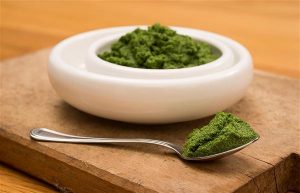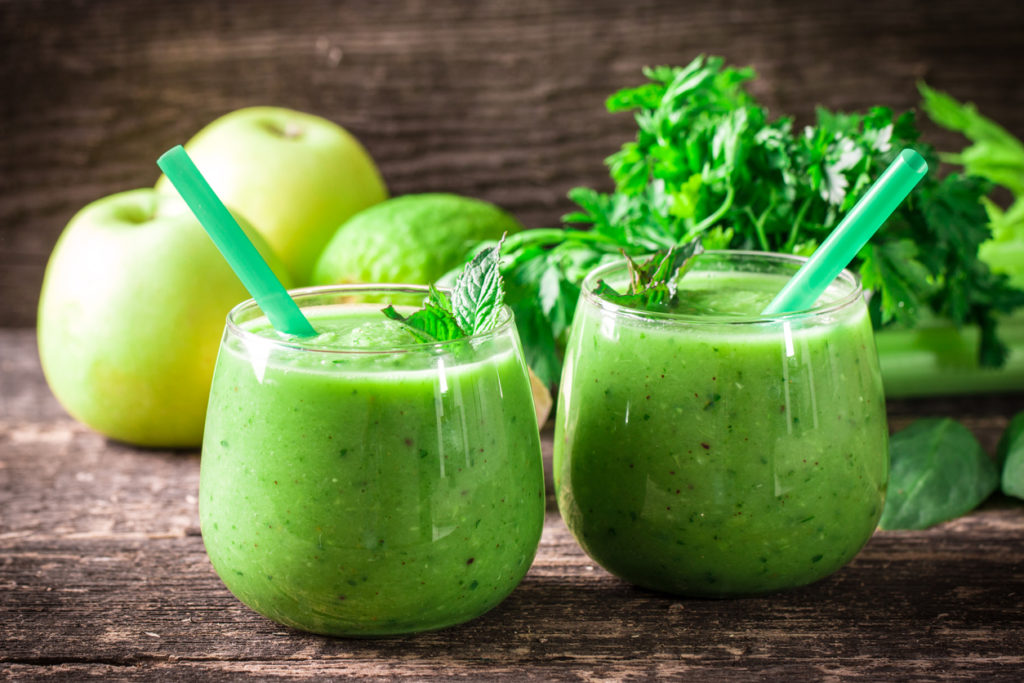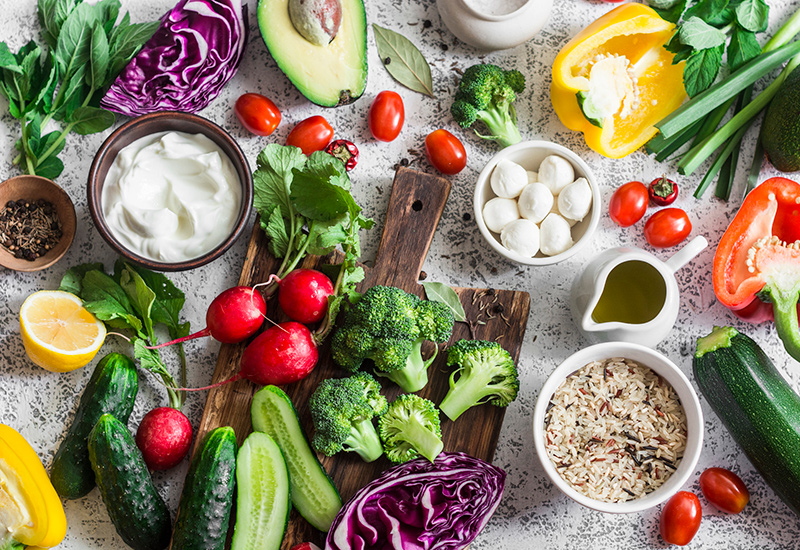
BGU Discovers the Potential of a New Superfood
BGU Discovers the Potential of a New Superfood
August 12, 2019
Woman and Home – From goji berries to ancient grains such as teff, barely a day goes by without a new item of food or drink being dubbed the next superfood.
Now, a team of researchers from Ben-Gurion University of the Negev led by Prof. Iris Shai, a member of BGU’s S. Daniel Abraham International Center for Health and Nutrition and the School of Public Health, is discovering the superfood potential of what some call the “world’s smallest vegetable”—Mankai duckweed.

Mankai duckweed
In the study published in the American Diabetes Association’s Diabetes Care Journal, the BGU researchers compared consumption of a green shake containing Mankai to consumption of a yogurt shake equivalent. The study, which also included Hila Zelicha, a registered dietitian and Ph.D. student in BGU’s School of Public Health, closely analyzed carbohydrates, protein, lipids, and calories.
In the study, 20 abdominally obese participants were required to have their allocated shake in place of dinner for the duration of the study period.
Following two weeks of monitoring with glucose sensors, the group consuming the duckweed shake was found to have fared better in a variety of measures including lower glucose peak levels; morning fasting glucose levels; later peak time; and faster glucose evacuation. They also reported feeling more full.
The profile of “super” is not an overestimation when it comes to Mankai. As well as having a high-protein content, the duckweed is rich in minerals (including iron and zinc), vitamin A, vitamin B complex, and vitamin B12, and also rich in polyphenols—micronutrients that are packed with antioxidants. Its protein profile is extremely close to that of an egg.
And, Mankai duckweed is low fat, low sodium, low sugar, and low carb!




